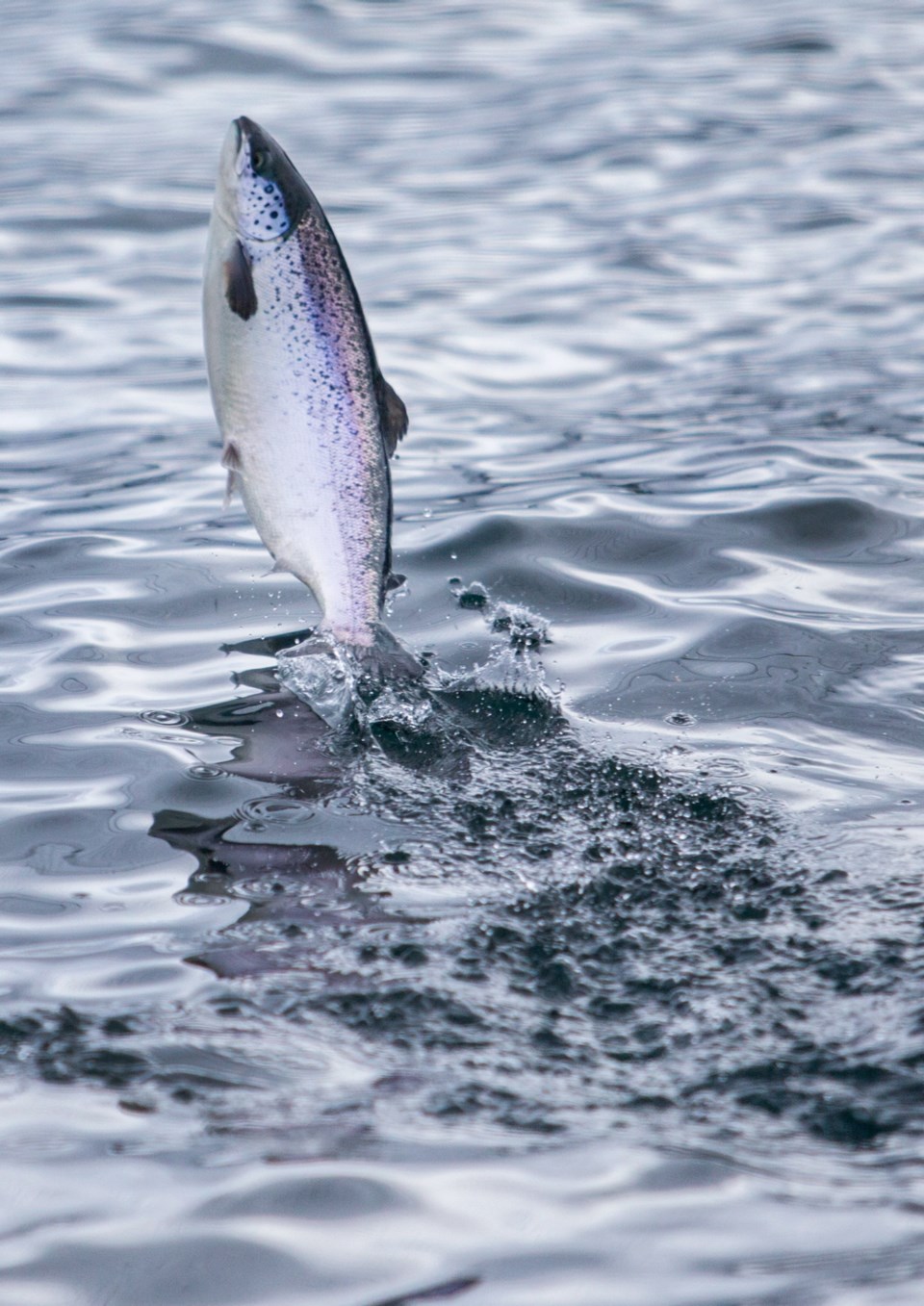A conservation scientist is questioning the integrity of a federal review of salmon viruses and diseases, saying there wasn’t enough transparency around industry practices.
Stan Proboszcz, science and campaign adviser for the Watershed Watch Salmon Society, says scientists were not allowed to read a document on how fish-farm companies manage fish health — even though the document helped inform the Department of Fisheries and Oceans risk assessment of a deadly virus.
“That’s contradictory to the peer review process, whereby scientists come together and review the information in detail with full transparency,” Proboszcz said.
“To evaluate this at a scientific peer review level, peer reviewers need access to the details.”
Proboszcz said he became concerned while serving on a DFO steering committee that gives scientific advice on various fish and habitat issues.
He said the peer review committee was provided with a summary of the agreement, in which companies committed to a co-ordinated virus management plan, but not the agreement itself.
The resulting DFO report, released last month, found “minimal risk” that a deadly virus known as infectious haematopoietic necrosis, or IHN, will spread from farmed salmon to wild stocks — largely because the industry vaccinates its stock against the virus.
DFO said it was the first in a series of 10 “robust” investigations into the risk that pathogens will spread from farmed to wild stocks.
The investigations were launched in response to the Cohen Commission investigation into the collapse of Fraser River sockey stocks in 2009.
The department said the agreement in question is an industry plan on how to manage viruses on aquaculture sites in B.C. Because it’s considered a confidential business document, government staff are prohibited from releasing it.
However, the department said key elements of the agreement are reflected in the research papers that Proboszcz and other members of the peer review committee were invited to review.
Individuals are invited to participate in DFO peer reviews on the basis of their expertise.
“Through the peer review process, consensus is used to arrive at conclusions based on evidence,” said a statement from the department.
“A key element of our science peer review is transparency. DFO provides all science advice and supporting documents from its peer reviews on its website.”
The department said Proboszcz could request the original material directly from the companies that signed it.



